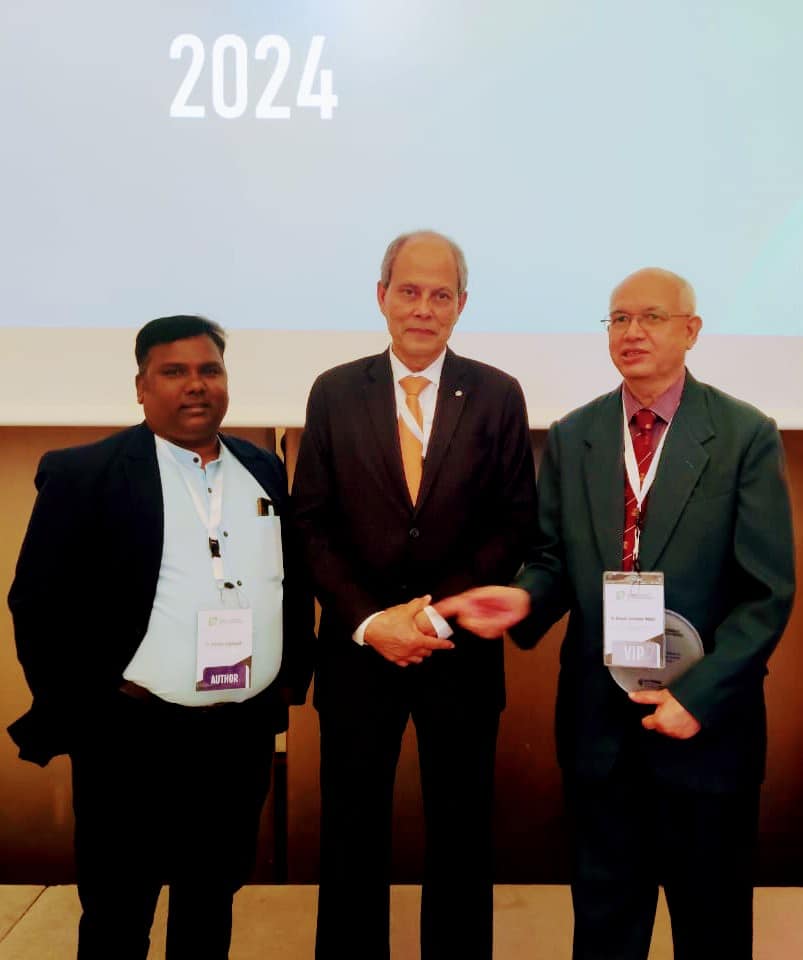COP 28 Resolution 30/57: This pillar represented a case of a smooth transition from negotiation to implementation at COP 28. With the operationalization of the fund and its funding arrangements for responding to loss and damage being agreed upon on the opening day of COP 28, a number of national
governments and organizations announced financial commitments to this topic.
Resolution point 30 from the UAE Global Climate Action at COP 28 in 2023 highlights the smooth transition from negotiation to implementation regarding the operationalization of a fund and its funding arrangements for responding to loss and damage. This transition occurred at COP 28, with agreements being reached on the opening day, and several national governments and organizations subsequently announced financial commitments to this topic.
Positive Side:
Efficient Transition to Implementation: The resolution underscores the successful transition from negotiation to implementation at COP 28, indicating effective coordination and collaboration among stakeholders. This efficient transition demonstrates a commitment to taking concrete actions to address loss and damage associated with climate change, moving beyond discussions to tangible implementation measures.
Agreement on Funding Arrangements: The operationalization of the fund and the agreement on funding arrangements for responding to loss and damage signify progress in addressing this critical aspect of climate change impacts. By reaching agreements on funding mechanisms, stakeholders can mobilize financial resources more effectively to support affected communities and address the challenges of loss and damage.
Financial Commitments: The announcement of financial commitments by national governments and organizations to address loss and damage indicates a collective recognition of the importance of providing financial support to vulnerable communities facing climate-related impacts. These commitments demonstrate solidarity and shared responsibility in addressing the needs of those most affected by climate change.
Negative Side:
Scope of Financial Commitments: While financial commitments have been announced, the scope and adequacy of these commitments in addressing the complex challenges of loss and damage remain uncertain. Ensuring sufficient funding to address the diverse needs of affected communities and ecosystems may require additional resources and sustained commitment from stakeholders.
Challenges in Implementation: Despite agreements on funding arrangements, challenges may arise in the effective implementation of initiatives to respond to loss and damage. Issues such as disbursement mechanisms, accountability frameworks, and coordination among stakeholders may pose implementation hurdles, potentially delaying or hindering the delivery of assistance to affected communities.
Equity Considerations: Ensuring equitable distribution of financial support to address loss and damage remains a challenge. Vulnerable communities, particularly in developing countries, may face barriers in accessing financial assistance, exacerbating existing inequalities. Addressing equity considerations in the allocation of funds is essential to ensure that support reaches those most in need.
In conclusion, while Resolution point 30 at the UAE Global Climate Action at COP 28 highlights the positive aspects of a smooth transition to implementation and financial commitments to address loss and damage, it also underscores challenges related to the scope of financial commitments, implementation hurdles, and equity considerations. Overcoming these challenges will be crucial for effectively addressing the impacts of loss and damage associated with climate change.


